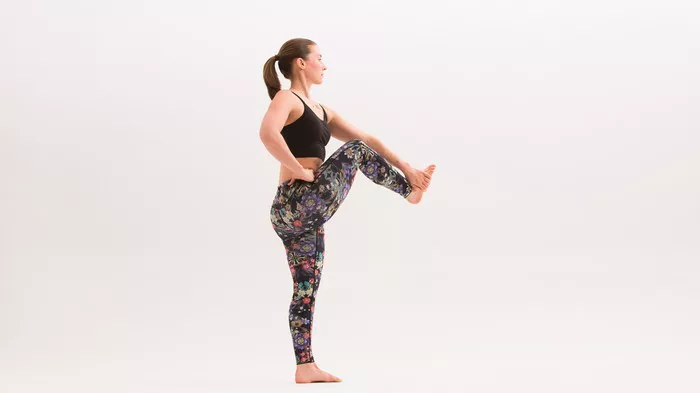Renowned footballer David Beckham has often credited yoga with aiding his fitness maintenance, flexibility improvement, and injury recovery throughout his illustrious career. Integrating yoga into his training regimen not only bolstered his on-field performance but also extended his professional playing tenure.
Beyond its physical benefits, recent studies suggest that yoga might serve as a proactive measure against cognitive decline and dementia. Research underscores the significance of subtle adjustments practitioners make during yoga poses, which engage various neural pathways crucial for brain plasticity.
A key focus of investigation is how these micro-adjustments, such as maintaining balance in poses like the tree pose, stimulate the brain’s proprioceptive network. This network supports spatial awareness and coordination, enhancing cognitive functions.
According to Harvard Health Publishing’s April 29, 2024 issue, yoga induces structural and functional changes in the brain akin to weightlifting’s effects on muscles. These changes lead to improved cognitive skills like learning and memory, by strengthening brain regions pivotal for attention, awareness, thought, and language.
Evidence from the Alzheimer’s Research and Prevention Foundation reinforces these findings, indicating that regular yoga practice enhances cognitive function. The foundation’s study underscores that the mindful movements and controlled breathing inherent in yoga foster enhanced connectivity between brain regions critical for cognitive health.
Moreover, research highlighted in the Journal of Alzheimer’s Disease underscores that yoga practitioners exhibit increased grey matter volume in the hippocampus, a region vital for memory and learning. This suggests that yoga’s neuroplastic effects may play a role in maintaining cognitive function and delaying dementia onset.
Beyond its potential impact on dementia, yoga has also shown promise in aiding individuals with Attention-deficit/hyperactivity disorder (ADHD). By emphasizing breath control and mindfulness, yoga can improve concentration, reduce hyperactivity, and promote a sense of calm, making it a valuable tool in managing ADHD symptoms.
As ongoing research continues to unveil yoga’s profound effects on cognitive longevity, integrating yoga into daily routines could emerge as a recommended strategy for maintaining brain health and preventing cognitive decline.
Related topics:
-
Restorative Yoga for Grief: Heal Your Heart
















